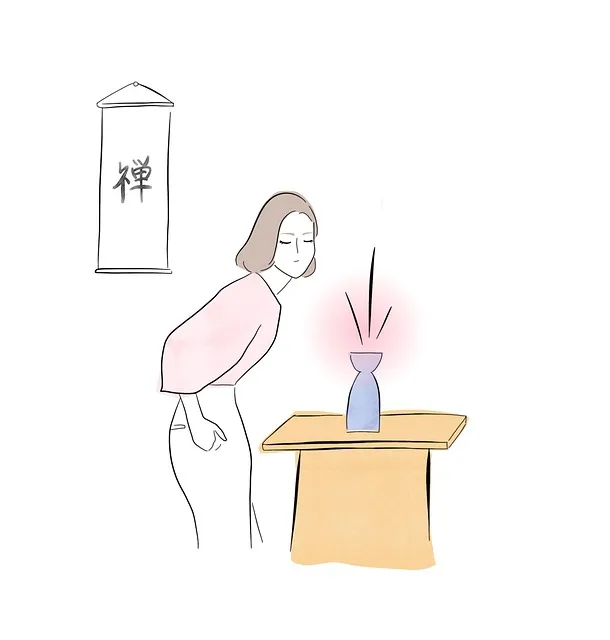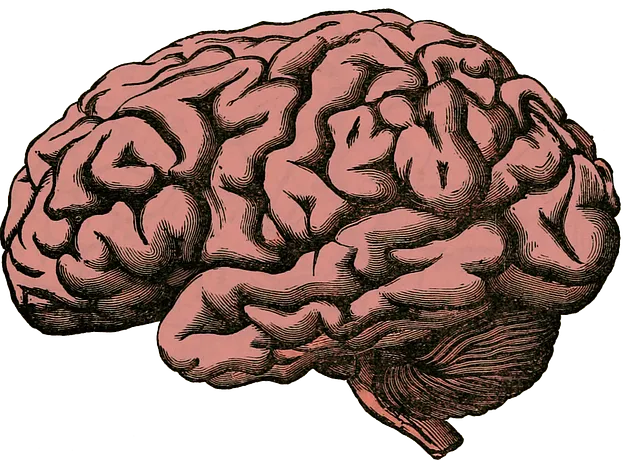Burnout at Centennial Kaiser Permanente behavioral health services is driven by heavy workloads and limited control, leading to emotional exhaustion and decreased job satisfaction. To combat this, the organization has implemented programs focusing on self-care strategies like mindfulness meditation, conflict resolution workshops, and stigma reduction campaigns. These initiatives prioritize work-life balance, emotional well-being, and open communication to enhance professional resilience, reduce absenteeism, and improve patient care outcomes.
“Burnout among healthcare providers is a growing concern, impacting not only individual well-being but also patient care. This article explores comprehensive strategies employed by Centennial Kaiser Permanente to combat this issue. We delve into understanding burnout’s root causes and effects within the organization. By focusing on employee support, work-life balance initiatives, and integrating behavioral health services like mindfulness training, Centennial Kaiser Permanente fosters a resilient culture. Additionally, open communication and peer support programs enhance team dynamics, ensuring healthcare providers feel valued and empowered.”
- Understanding Burnout: Causes and Impact at Kaiser Permanente
- Centennial Strategies: Employee Support and Work-Life Balance
- Behavioral Health Services: Integrating Mindfulness and Resilience Training
- Fostering a Culture of Open Communication and Peer Support
Understanding Burnout: Causes and Impact at Kaiser Permanente

Burnout among healthcare providers is a growing concern at organizations like Kaiser Permanente. Understanding burnout requires recognizing its causes and impacts. At Centennial Kaiser Permanente behavioral health services, burnout often stems from heavy workloads, long working hours, and a lack of control over work processes. These factors can lead to emotional exhaustion, depersonalization, and reduced personal accomplishment, as reported by many healthcare professionals.
The impact of burnout is significant, affecting not only the well-being of providers but also patient care. It can result in decreased job satisfaction, increased absenteeism, and higher rates of turnover, potentially disrupting healthcare services within the community. To combat this issue, Kaiser Permanente has initiated various programs, including a Community Outreach Program Implementation and Public Awareness Campaigns Development that emphasize self-care strategies such as Mindfulness Meditation, to support their behavioral health services and promote a healthier work environment for all employees.
Centennial Strategies: Employee Support and Work-Life Balance

Centennial Strategies, such as those implemented by Kaiser Permanente’s behavioral health services, play a pivotal role in preventing healthcare provider burnout. These strategies focus on fostering a supportive work environment and promoting work-life balance. By recognizing that mental health professionals face unique challenges, organizations like Kaiser Permanente conduct regular risk assessments to identify early signs of stress and burnout, enabling timely interventions.
Through these initiatives, healthcare providers are encouraged to prioritize their emotional well-being using various techniques, including emotional regulation strategies and engaging in emotional healing processes. This proactive approach ensures that staff members can effectively manage their workload while maintaining a healthy mindset, ultimately leading to higher job satisfaction and improved patient care.
Behavioral Health Services: Integrating Mindfulness and Resilience Training

At Centennial Kaiser Permanente behavioral health services, we recognize that burnout is a significant concern among healthcare providers, who often juggle heavy workloads and emotionally demanding situations. To combat this issue, our dedicated team offers comprehensive mindfulness and resilience training programs designed to empower professionals with effective coping mechanisms. By integrating these practices into their daily routines, healthcare workers can enhance their ability to manage stress, improve emotional regulation, and cultivate a sense of well-being that is essential for long-term sustainability in the field.
In addition to cultivating mindfulness, our behavioral health services emphasize the importance of conflict resolution techniques and stress management workshops within the organization. These initiatives aim to create a supportive work environment where professionals can navigate challenging situations with resilience and empathy. Furthermore, mental illness stigma reduction efforts play a crucial role in fostering an inclusive culture that prioritizes the holistic well-being of all healthcare providers, ultimately contributing to a happier and more effective team.
Fostering a Culture of Open Communication and Peer Support

At Centennial Kaiser Permanente behavioral health services, fostering a culture of open communication and peer support is a key strategy in burnout prevention. Encouraging healthcare providers to express their concerns, share experiences, and offer mutual support creates an environment that reduces feelings of isolation. This approach leverages the collective wisdom and resilience within the team, promoting a sense of belonging and purpose.
Peer-led initiatives, such as crisis intervention guidance and mental illness stigma reduction efforts, play a pivotal role in maintaining psychological safety. By normalizing conversations about mental health challenges, healthcare providers can access timely support when needed. This not only helps individuals cope with stress but also contributes to a more resilient and cohesive workforce, ultimately enhancing patient care.
Burnout among healthcare providers is a growing concern, but by implementing comprehensive strategies, organizations like Centennial Kaiser Permanente are leading the way in fostering resilient work environments. Through employee support initiatives, promoting work-life balance, integrating mindfulness practices, and encouraging open communication, these approaches not only mitigate burnout but also enhance overall job satisfaction and patient care. For healthcare institutions, adopting these holistic strategies is a game-changer, ensuring a vibrant and dedicated workforce ready to navigate the challenges of modern medicine.






